
Bishop Thomas John Paprocki | Diocese of Springfield
Physician-assisted suicide, according to its advocates, offers a way to end life amid extreme suffering. When individuals believe they have reached their pain threshold, proponents assure them they can choose death on "our own terms." Given that one's life is considered personal property, the argument follows that individuals should feel free to end it with medical support. After a physician prescribes a lethal pharmaceutical, individuals may ingest it when ready and "want out." This act purportedly ends suffering and resolves the situation for the better, suggesting a belief that one is "better off dead."
However, questions arise about whether this perspective relies on flawed assumptions. For instance, what if life is not exclusively one's own but also belongs to God or others? Additionally, what if suffering continues beyond death?
Some argue there is no God or afterlife—only void and blackness beyond death. However, careful thinkers must acknowledge the lack of first-hand experience or positive knowledge about post-death existence. Many religious traditions assert an afterlife, introducing uncertainty about claims of non-existence beyond death.
People often make declarations about deceased loved ones being "with the angels" or in "a better place," despite lacking evidence. This desire-based conclusion could impact practices such as Catholics praying for departed souls' repose—actions believed to be beneficial.
When contemplating physician-assisted suicide, one might wish for no further suffering after death. However, this wish does not ensure reality aligns with it. There remains the possibility of encountering greater afflictions post-mortem if one chooses self-inflicted demise.
Acknowledging uncertainty regarding post-death suffering and considering potentially eternal consequences highlights ethical concerns surrounding self-killing. Given our limited understanding of what follows death and potential extended repercussions, choosing physician-assisted suicide could risk profound regret.
By examining these logical possibilities and flawed assumptions behind physician-assisted suicide, we may avoid severe miscalculations that lead to worse outcomes than earthly struggles sought to escape. Instead of relying on worldly slogans and wishes, discerning deeper eschatological orders governing human perishing and death becomes crucial.
Father Tadeusz Pacholczyk earned his doctorate in neuroscience from Yale University and conducted post-doctoral work at Harvard University. He is a priest in the Diocese of Fall River, Massachusetts, and serves as Senior Ethicist at The National Catholic Bioethics Center in Philadelphia.
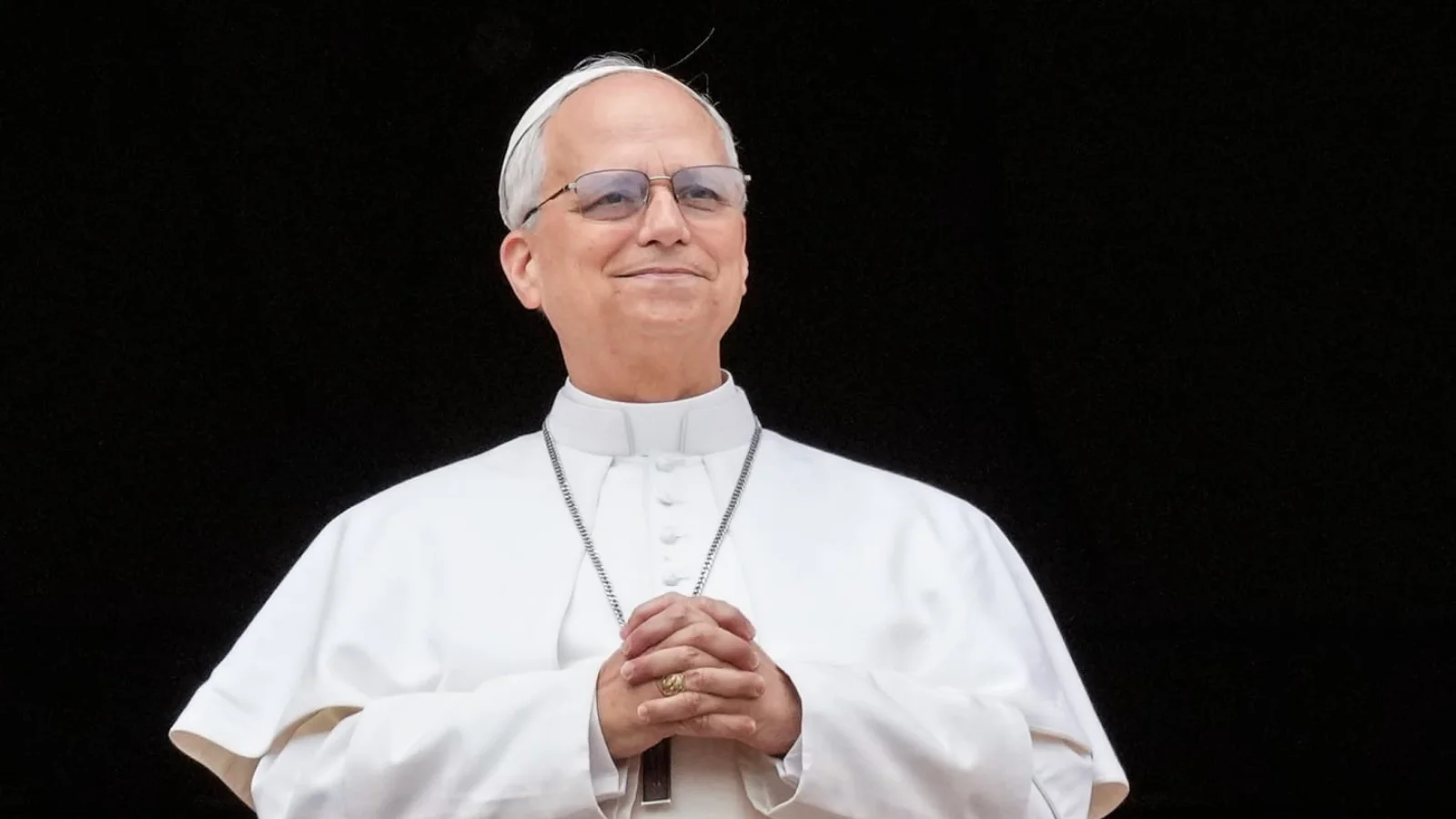
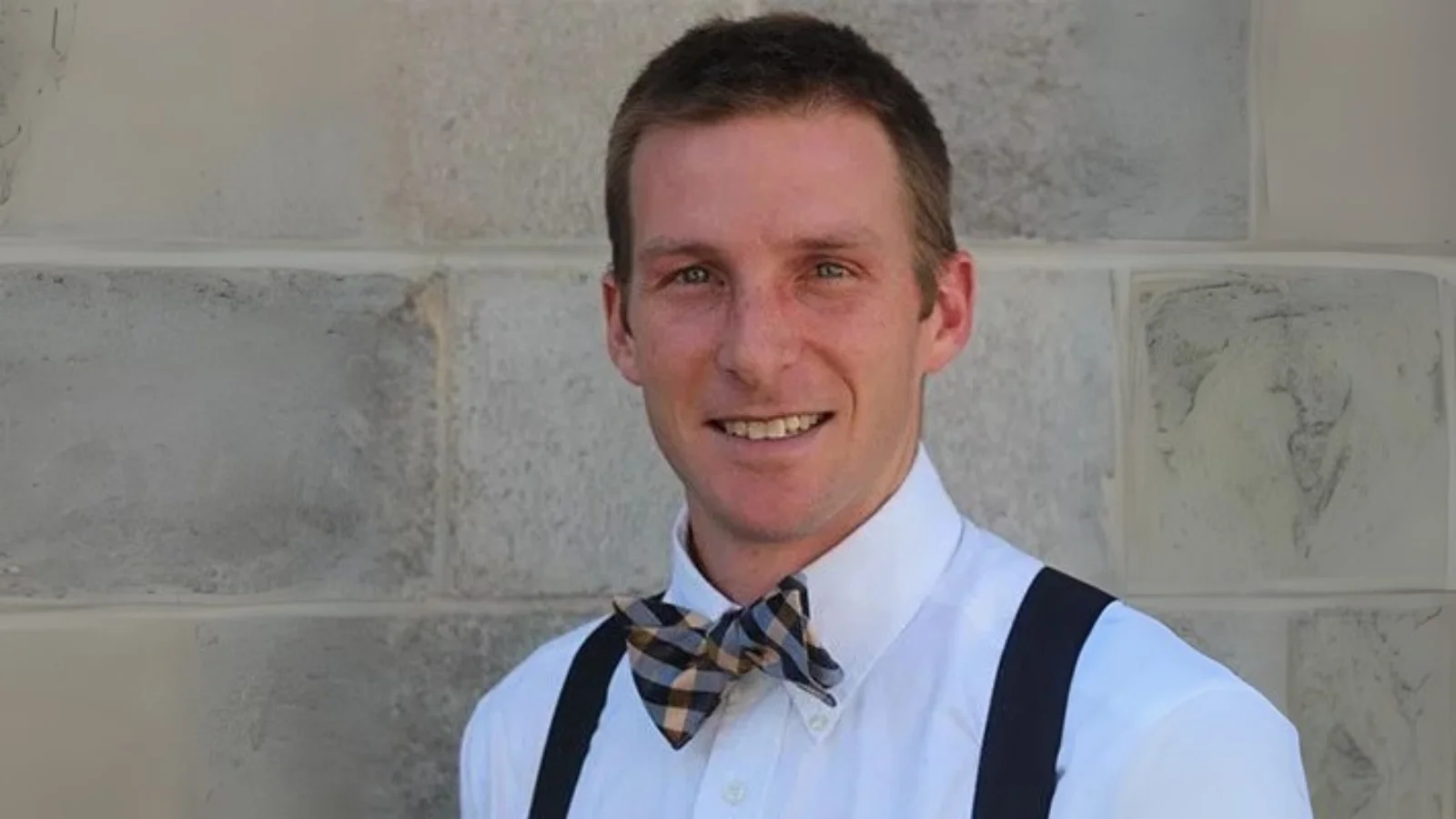
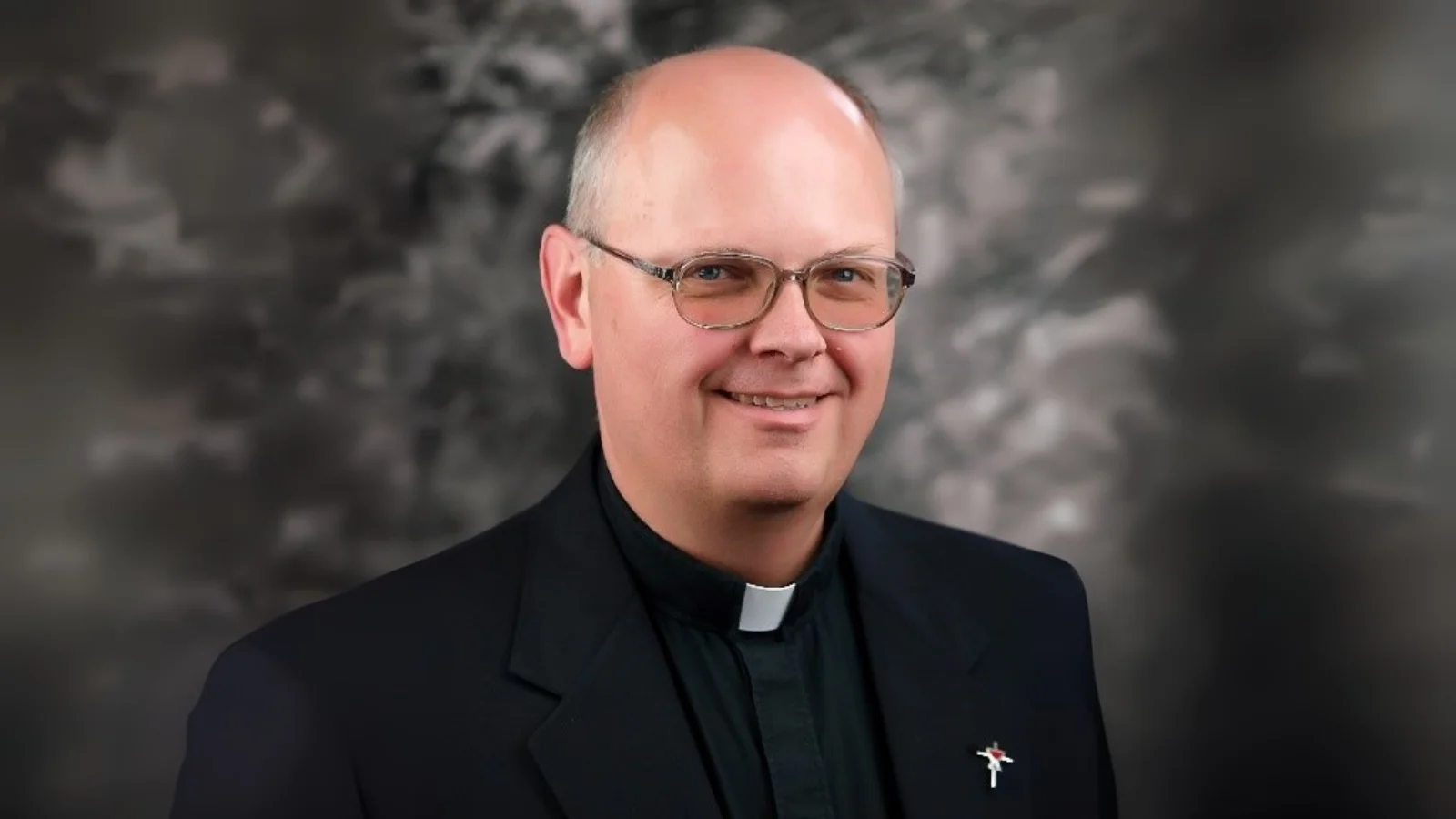
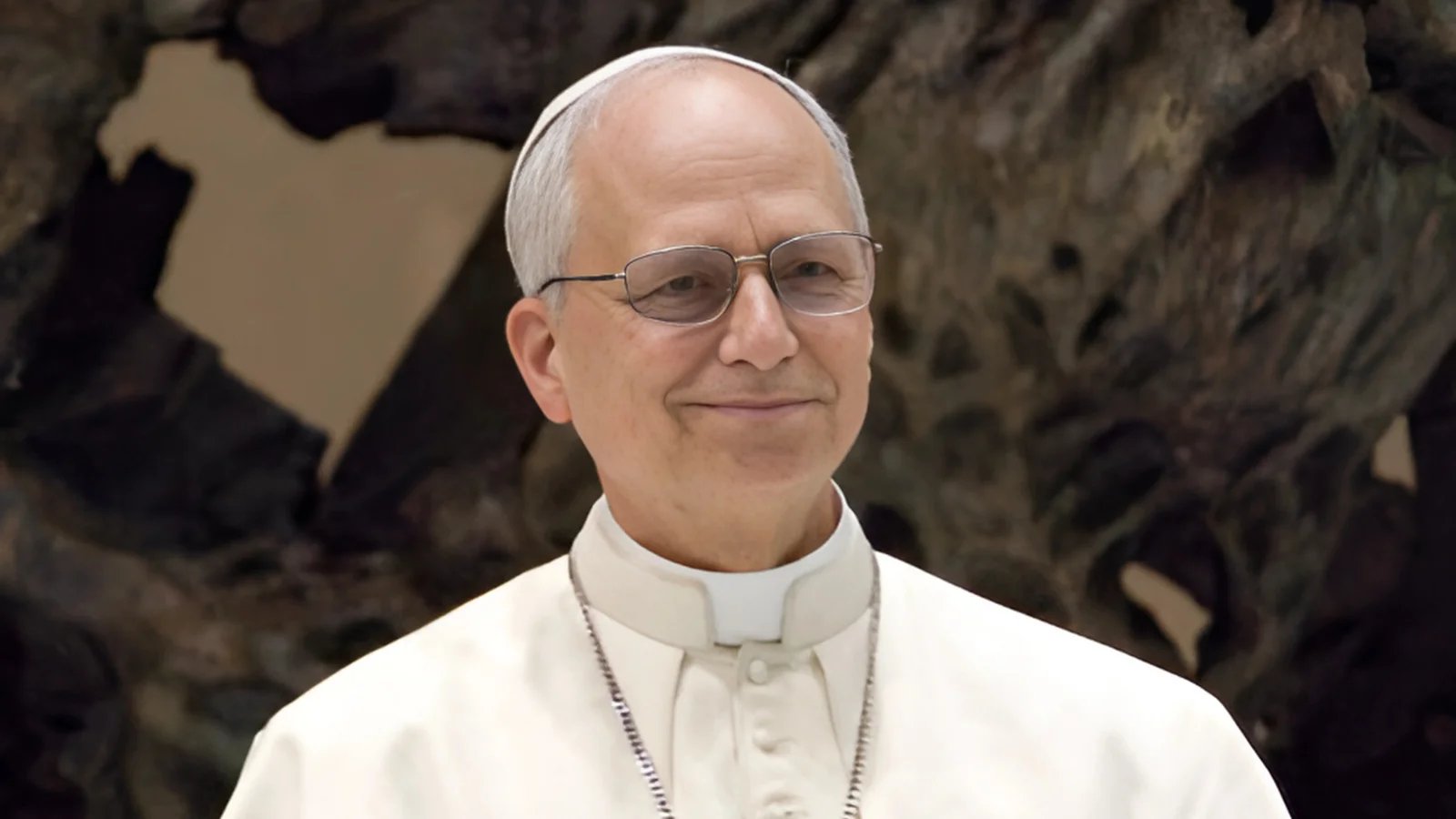
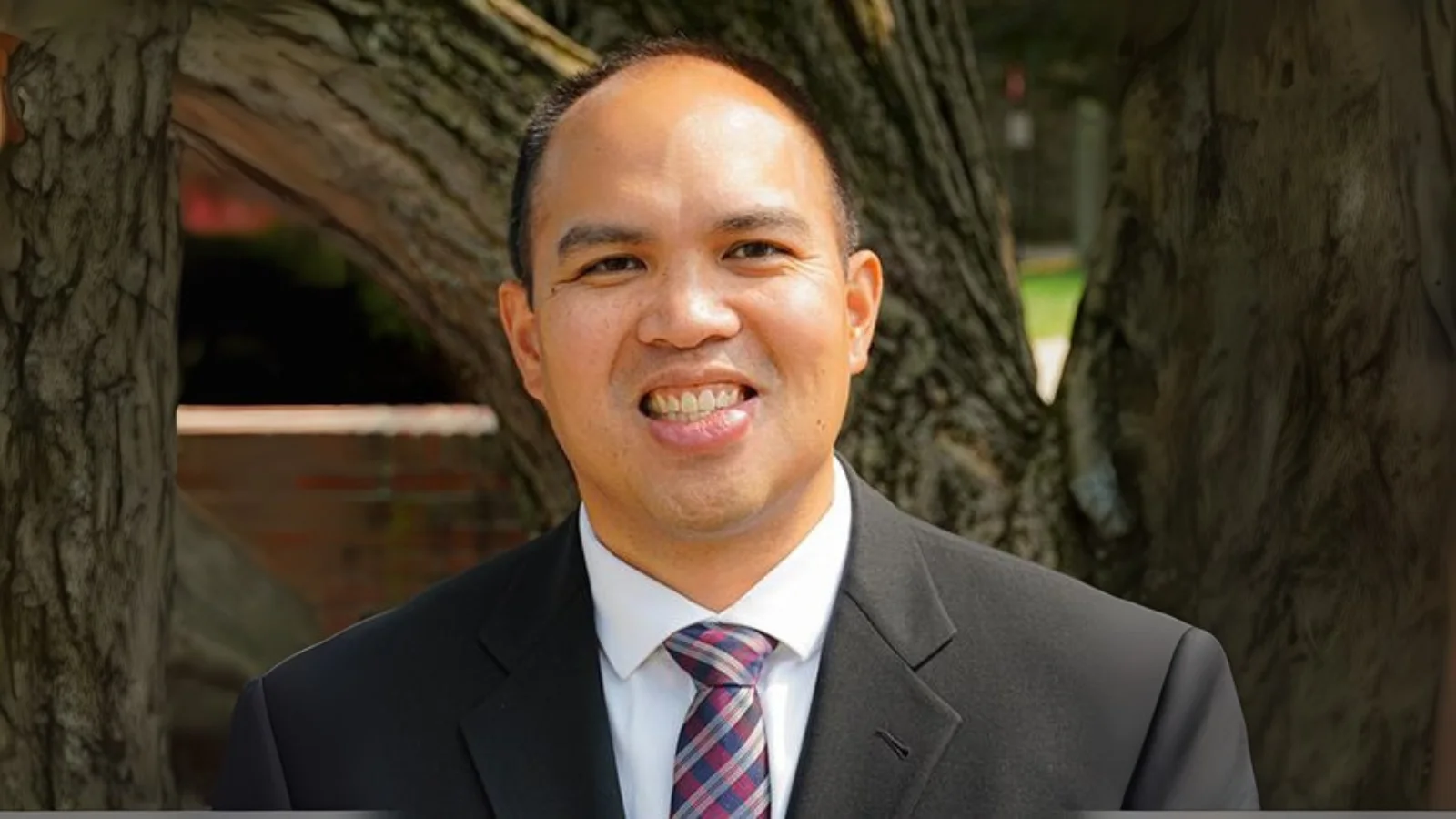
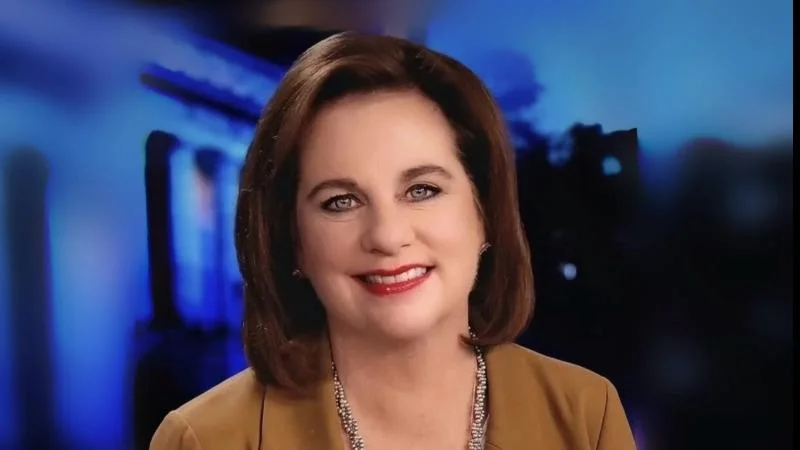
 Alerts Sign-up
Alerts Sign-up